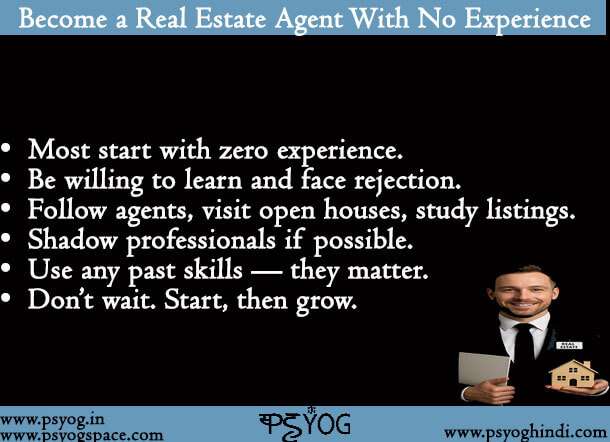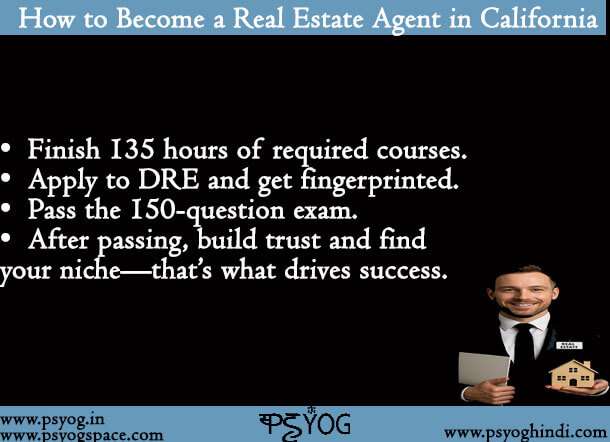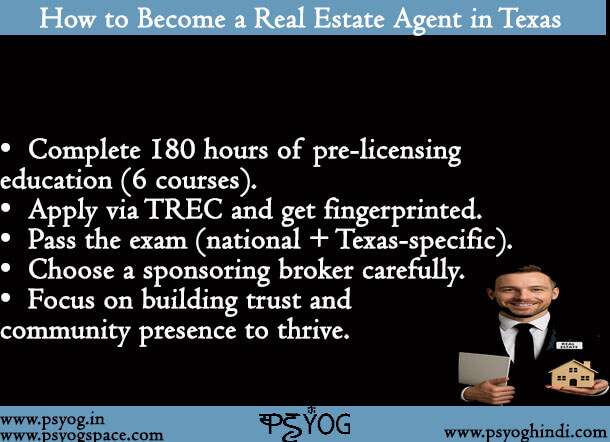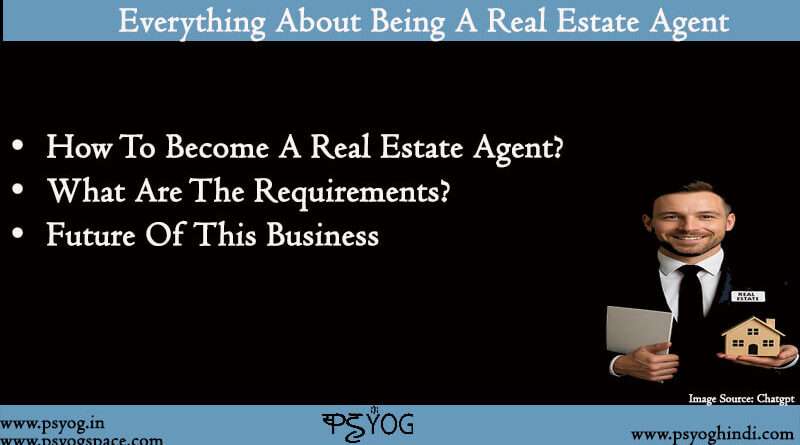How to Become a Real Estate Agent: Without Experience in California, Texas, and Beyond
So you’re sitting there—maybe at your kitchen table, maybe on your lunch break—scrolling through your phone thinking: How do I even begin?
You keep seeing signs on the road that say “SOLD” and you wonder, Could I do that? Could I actually become a real estate agent?
The short answer: yes. Whether you’re in California, Texas, or somewhere way off the beaten path, whether you have experience or absolutely none, this might be the start of something real.
Let’s talk honestly about how to become a real estate agent, especially with no experience, and how the rules change depending on where you’re located—whether that’s a beach town in California, a growing suburb in Texas, or somewhere else. This isn’t going to be a recycled list of “take a course, pass a test”—you’ve seen that already. This is the stuff no one tells you until it’s too late.
How to Become a Real Estate Agent With No Experience
Here’s the uncomfortable truth: nearly everyone starts this job with no experience.
Sure, some people have sales backgrounds, or parents who were brokers. But for most? They show up, wide-eyed, on Day One with no idea how to talk to a buyer, how to list a property, or how to negotiate. (Read: Real estate business complete guide)
So when people ask how to become a real estate agent with no experience, the real answer isn’t in a textbook. It starts with how you carry yourself. Are you willing to learn? Can you take rejection without falling apart? Can you talk to strangers without sounding like a robot?
Start by immersing yourself. Not in classes—those are required, we’ll get to that. I mean dive into real listings. Follow top agents in your area on Instagram. Walk open houses just to listen. If someone’s willing to let you shadow them for free—say yes. Don’t wait until you’re “ready.” You won’t be.
And don’t discount who you are. If you’ve worked retail, you already know how to talk to people under pressure. If you’ve raised kids, you’re an expert in scheduling and multitasking. If you’ve never done any of that but you care about people? You’re more ready than you think.
That’s what how to become a real estate agent with no experience really looks like: showing up fully, before you feel like enough.

How to Become a Real Estate Agent in California
The California real estate scene is a beast—and I say that lovingly. The opportunities here are massive, but so are the rules. You can’t wing it. You have to know what you’re walking into.
To start, you’ll need to complete 135 hours of state-approved coursework. It’s not optional. These are divided into Real Estate Principles (45 hours), Real Estate Practice (45 hours), and one elective like Finance or Property Management (another 45). And yes, you can do them online—but don’t let that fool you. Some of it will feel dry. That’s okay. Push through.
Once you’re done with the courses, you apply for the exam and fingerprinting through the California Department of Real Estate (DRE). The test? It’s 150 multiple-choice questions in 3 hours. Sounds simple—but the wording is where they trip you up. Take practice tests until your brain hurts. Then take a few more.
The part no one tells you about how to become a real estate agent in California is what happens after you pass. California’s market is loud. Competitive. Fast-moving. The agents who survive aren’t the best at math—they’re the ones who build trust. Find a niche. Are you helping immigrants? Single moms? First-time buyers in East L.A.? Know your people, serve your people. That’s how you rise in this market.
How to become a real estate agent in California isn’t just about passing a test—it’s about finding your lane and running in it like you were born for it.

How to Become a Real Estate Agent in Texas
Now let’s head over to Texas, where real estate feels like a whole different world. It’s a little less regulated than California, but make no mistake: this isn’t the wild west.
To get started, Texas requires 180 hours of pre-licensing education. That’s six 30-hour courses. These aren’t speed runs—you’ll cover law, agency relationships, contracts, and more. The state takes it seriously. And so should you.
Once that’s done, you’ll file your application with the Texas Real Estate Commission (TREC) and get fingerprinted. Then comes the exam, which is made up of both state-specific and national questions. Again, practice tests are your friend.
Here’s the part people skip when Googling how to become a real estate agent in Texas: the relationships. Texas is built on community. You don’t need to be flashy; you need to be present. Show up at city council meetings. Host free neighborhood Q&As about buying a home. Be the person people text when their cousin’s thinking of moving to town.
And yes, you’ll need to partner with a sponsoring broker before your license becomes active. Choose wisely. The right broker will guide you, support you, and make you money. The wrong one will leave you broke and confused. Take your time.
The truth is, how to become a real estate agent in Texas isn’t about tricks—it’s about trust. And if you play the long game, you’ll win it.

Conclusion
Let’s come back to where we started: how to become a real estate agent.
It’s not magic. It’s not luck. It’s a path—a learnable, walkable, imperfect, rewarding path. Whether you’re stepping in with full confidence or feeling like an imposter, whether you’re trying to break into the scene in California, looking to grow your network in Texas, or still figuring things out with no experience, the industry has space for you. (Read: How to become a successful business man?)
It’s noisy. It’s emotional. It’s people-first.
And if you care deeply, listen well, and learn constantly—you’ll do just fine.
So now you know how to become a real estate agent.
And honestly? You’re closer than you think.
FAQs
What is the qualification for a real estate agent?
To become a real estate agent, you usually need to be at least 18, have a high school diploma or equivalent, complete state-approved real estate courses, pass a licensing exam, and get sponsored by a licensed broker. That’s it—no college degree or experience required.



